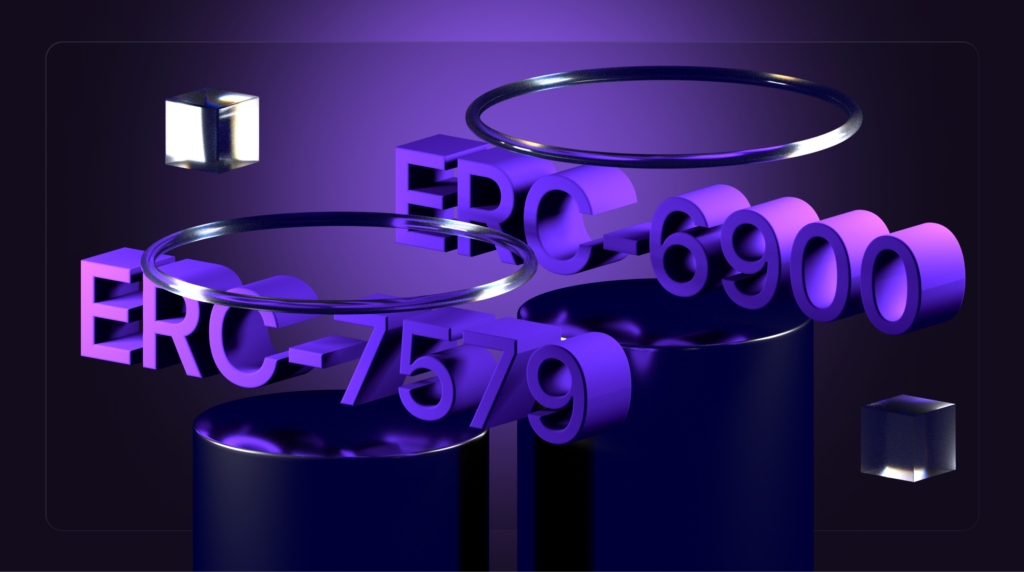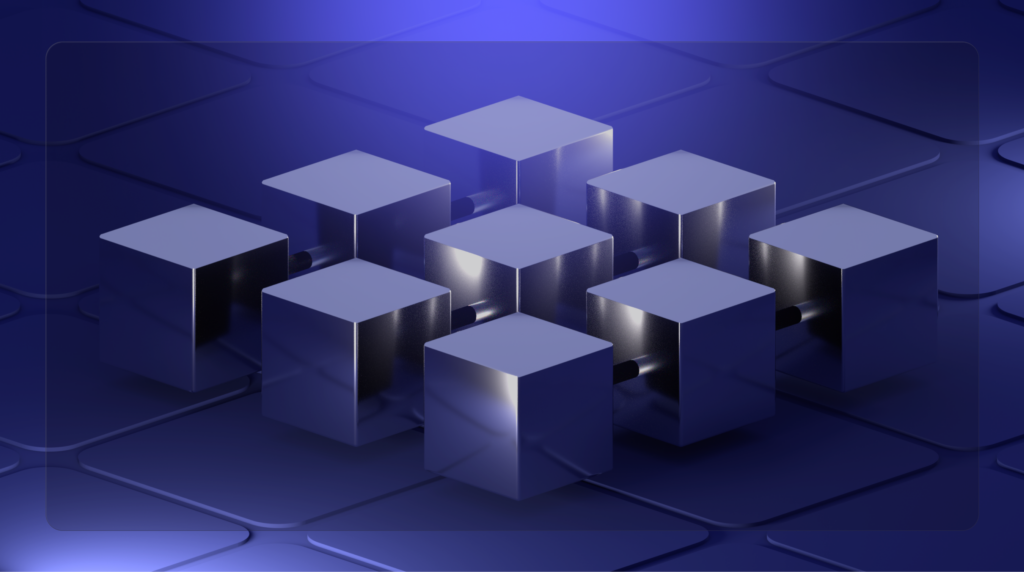Please fasten your belts!
EntryPoint v0.7 has been deployed on-chain
A major software update called EntryPoint version 0.7 was recently deployed on the Ethereum blockchain. This upgrade aims to improve performance and interoperability between Ethereum and other major blockchains like Optimism, Polygon, and BNB Chain.
EntryPoint 0.7 introduces optimizations that enhance the experience for both users and developers across these networks. Several leading teams like Stackup, Etherspot, Alchemy, and Candide Labs have already committed to releasing compatible software updates in the coming weeks.
Pimlico has even launched a 0.7 bundled on the Sepolia test network, allowing developers to start experimenting with the new features.
Security firm OpenZeppelin audited the upgrade to ensure reliability and safety. The OKX team deserves special recognition for discovering and fixing a critical bug in the previous version, showcasing the collaborative spirit driving Ethereum’s progress.
Kernel’s (ZeroDev) arguments in favour of ERC-7579 over ERC-6900 for enhanced Web3 interoperability
ZeroDev’s CEO and CTO recently explained why they are adopting the ERC-7579 standard over ERC-6900 for their platform.

They argue that ERC-7579 does a better job of enabling openness and interoperability.
Modular smart accounts allow customizing wallets through plug-and-play modules. However, cross-compatibility issues have emerged among different platforms supporting these accounts. ERC-6900, proposed by Alchemy in 2023, tried addressing this through a common standard.
However, Derek and Taek believe ERC-6900 over-reached by embedding specific design decisions rather than just ensuring module compatibility. In contrast, ERC-7579 takes a minimalist approach focused solely on interoperability.
Kernel’s choice also stemmed from technical factors. They found ERC-6900 too limiting for advanced functions like off-chain module toggling and signature aggregators. Meanwhile, ERC-7579 draws on insights from millions of real-world modular accounts.
Beyond the tech specifics, Derek and Taek suggest ERC-6900 represented a narrow perspective dominated by Alchemy. ERC-7579 better suits Kernel’s vision of an open ecosystem where innovation thrives through collaboration.
Vitalik Buterin advocates for AI in identifying Ethereum code flaws
Ethereum’s co-founder Vitalik Buterin recently floated an intriguing idea about using artificial intelligence to boost blockchain security. He suggested AI could help audit code and detect bugs, mitigating a major vulnerability for networks like Ethereum.
/media/c2132312e816eb4105f88718b89531c6
His proposal comes right before Ethereum’s planned Dencun upgrade on March 13th. It aims to enhance the network, but upgrades always risk introducing new bugs. That was clear with the recent Dencun test run on the Goerli test network, which was briefly stalled by a bug.
Buterin sees promise in using AI to spot these errors early, but some blockchain experts are skeptical. When security firm OpenZeppelin tested out the new natural language AI system GPT-4 in auditing Ethereum smart contracts last July, results were mixed. While GPT-4 found issues more than 70% of the time, it also sometimes flagged normal code as problematic.
OKX wants to establish ERC-7579 for modular smart accounts
A group of prominent blockchain companies, including OKX, Biconomy, ZeroDev, and Rhinestone, have collaborated to introduce a new standard for Modular Smart Accounts.
These next-generation cryptocurrency wallets aim to simplify management with plug-and-play modules that provide advanced functionality.
The companies are calling the standard ERC-7579. The goal is to standardize Smart Accounts so developers can create interchangeable modules and get the following:
- automated transactions
- enhanced security
- customized permissions
- social recoverability of lost wallet keys
This should eliminate existing barriers to mainstream cryptocurrency adoption.
OKX has already launched a “Smart Account” feature enabling transactions across multiple blockchains. They envision this new standard as another step toward an integrated Web3 ecosystem where developers can easily build and distribute compatible modules across different wallets and platforms through a hypothetical “Module Store.”
The promise is wallets secured by familiar logins like email addresses instead of hard-to-manage cryptographic seed phrases. If widely adopted, ERC-7579 could revolutionize the user experience and interoperability of cryptocurrency wallets. That would potentially unlock new possibilities for managing digital assets and identity.

Deconstructing NEAR Protocol’s chain abstraction
Coinlive has published an article that takes a thorough look at NEAR’s prominent feature (chain abstraction).
NEAR Protocol is pioneering a concept called “chain abstraction” to make blockchain technology more user-friendly. The goal is to simplify the complex nature of blockchain so that the average person can understand and use it more easily.
Chain abstraction focuses on lowering the barriers to entry for blockchain technology to promote broader adoption. Right now, innovations like “account abstraction” are addressing compatibility issues within individual blockchains. But the challenge becomes harder when you consider the many different blockchains users have to choose from and figure out.
NEAR’s strategy is user-centric. They want to incorporate things like social network and biometric logins to reduce complexity. They also use advanced security so users don’t need to deal with private keys. Furthermore, they aim to integrate the back-end protocols and liquidity across different blockchains. This reduces operational hurdles for end users.
A major part of NEAR’s approach is its BOS (Blockchain Operating System). It transforms the user interface into a Web2-style portal for services from staking to NFT marketplaces. Along with account aggregation and “super wallet” capabilities, this signals a shift towards a simpler, more intuitive blockchain experience.
Trust Wallet launches SWIFT
Trust Wallet has unveiled a new product called SWIFT that aims to make Web3 more accessible to mainstream users.
Announced on February 19th, 2024, SWIFT leverages Account Abstraction technology to simplify the often confusing process of managing digital assets.
What sets SWIFT apart is it provides easy access points to decentralized apps and services without needing to deal with cryptographic seed phrases or private keys. Instead, it offers a simplified interface with innovations like one-click transactions and biometric logins using Passkeys.
Another handy feature is native support for paying gas fees in over 200 tokens rather than just Ethereum’s ETH.
🐞Eager to revolutionize your dApp’s user experience and onboard more users?
Elevate your project’s potential with Etherspot — leverage AA Prime SDK, ERC4337 Skandha Bundler, and Paymaster Service. Etherspot supports 21+ EVM-compatible rollups and L1/L2 chains.
Start exploring Account Abstraction with Etherspot!
- Learn more about account abstraction here.
- Head to our docs and read all about the Etherspot SDK.
- Skandha - a developer-friendly Typescript ERC4337 Bundler.
- Explore our TransactionKit, a React library for fast & simple Web3 development.
- For a plug & play integration, review the BUIDLer react component.
- Follow us on Twitter and join our Discord.
Is your dApp ready for Account Abstraction? Check it out here: https://eip1271.io/
Subscribe to Etherspot’s Everything About Account Abstraction Newsletter!
Get In Touch:
Website | Twitter | Discord | Github | Telegram
Powered by Etherspot
TransactionKit | BUIDLer React Component | Pillar Wallet | AirdropMe

